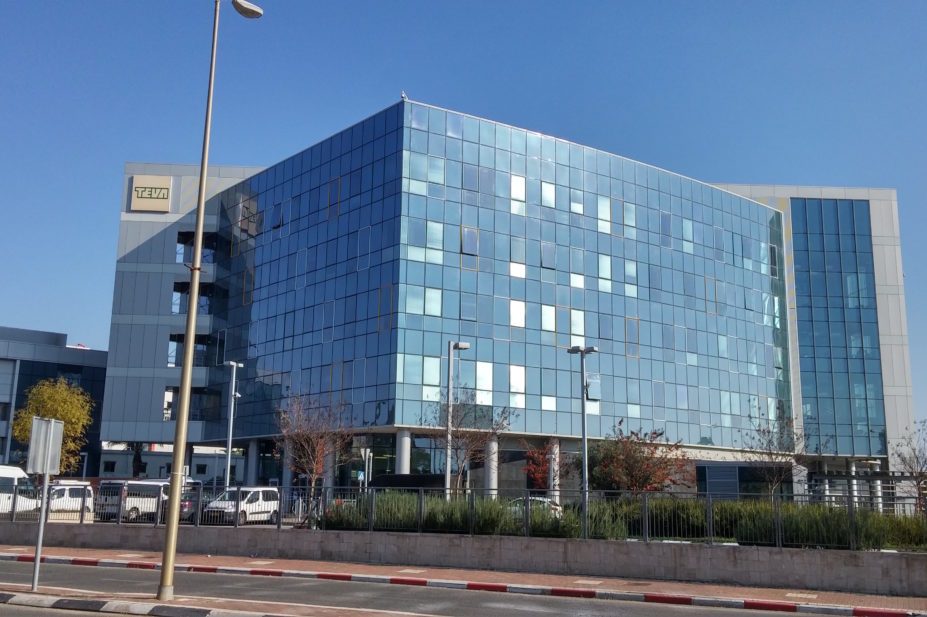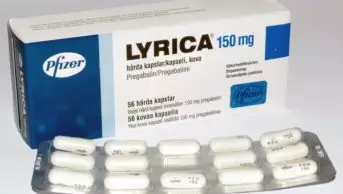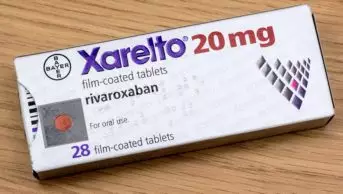
Wikimedia Commons
Teva Pharmaceutical Industries, the world’s largest generic medicines producer, has agreed to pay US$519m after an investigation found that it had paid bribes to foreign government officials in Russia, Ukraine and Mexico.
The Israel-based company is alleged to have made payments to increase market share and obtain regulatory and formulary approvals for its multiple sclerosis drug Copaxone, as well as favourable drug purchase and prescription decisions.
“Teva and its subsidiaries paid millions of dollars in bribes to government officials in various countries, and intentionally failed to implement a system of internal controls that would prevent bribery,” says Leslie Caldwell, assistant attorney general at the US Department of Justice, which brought the case jointly with the US Securities and Exchange Commission (SEC).
“Many of these bribes were concealed as legitimate payments to distributors,” says Eric Bustillo, director of the SEC’s Miami regional office. “While distributors can help companies navigate complex regulatory environments and provide valuable industry relationships, they also can create significant corruption risks for companies.”
The SEC alleges that Teva made more than US$214m in illicit profits by making the influential payments. Teva’s net revenues in 2015 amounted to US$19.7bn.
In a statement released on 22 December 2016, Teva said: “None of the employees involved in the improper payments are still employed by Teva, including in Russia where the entire leadership team was replaced in 2013.”
Erez Vigodman, president and chief executive of Teva, adds: “The Teva of today is a fundamentally different company.”
Teva’s fine represents the largest criminal fine imposed against a pharmaceutical company for violating the US Foreign Corrupt Practices Act.


